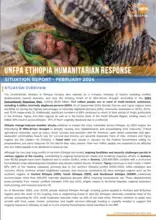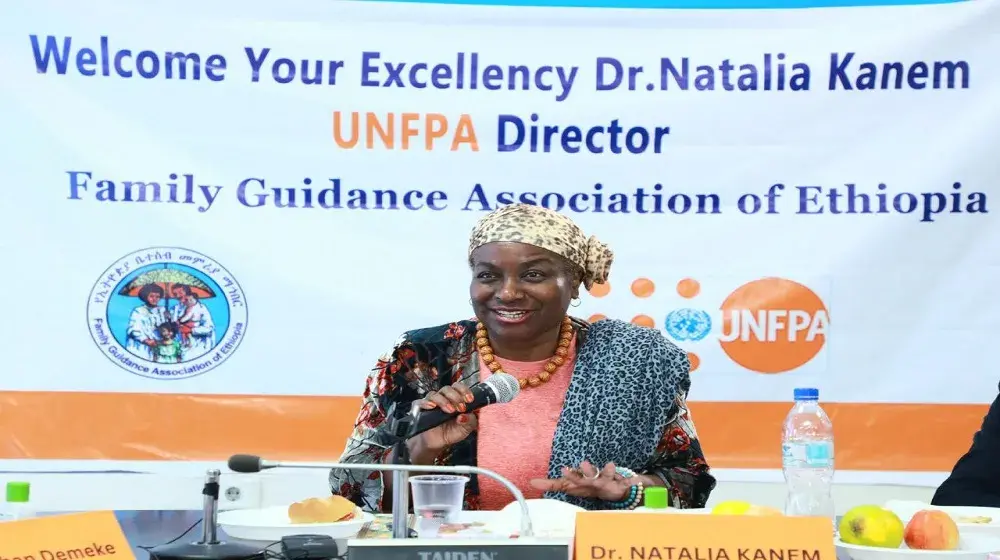Statement by UNFPA Executive Director Dr. Natalia Kanem
International Universal Health Coverage Day
12 December 2020
When universal health coverage became an agreed global goal just five years ago, it marked a huge leap forward. It is a vision of care and compassion for one another, in sickness and in health. The COVID-19 pandemic reveals just how vital it is that we make that vision real. None of us is safe until all of us are safe.
Universal means that everyone, everywhere has access to quality care that is affordable, acceptable and delivered with respect for the dignity and rights of each person. This means coverage of all essential services, including sexual and reproductive health services across the life course.
Women, men, adolescent girls and boys all require these services throughout their lives, whether it is having the necessary information and counseling for sexual health and well-being, choosing and accessing contraception, going through pregnancy and childbirth safely or protecting themselves from sexually transmitted infections, including HIV, or reproductive cancers.
Providing these services is integral to the human rights that all societies must uphold. Sexual and reproductive health services save lives, and allow individuals and communities to thrive.
Today, on International Universal Health Coverage Day, we know that people all over the world do not have access to the sexual and reproductive health care they need. This may be because of cost, where they live or weak health systems. It may be because they are afraid of discrimination based on their age or sexual orientation, or because they lack the power to make their own decisions about health care and contraception. These gaps both build on and further embed exclusion and vulnerability, and so they must be the first to be addressed in striving for universality.
The case for doing so has been painfully illuminated by COVID-19. In the first few months of the pandemic, UNFPA estimated that disruptions in access to sexual and reproductive health care and contraceptives may have resulted in as many as 7 million unintended pregnancies.
Acute economic distress stemming from the pandemic is tightening resources and imposing additional strain, especially on services for women and young people whose care, even before the pandemic, was often of low quality, severely underfunded and frequently overlooked.
We must recognize these challenges, not treat them as an excuse to postpone our commitments. This is no time to backtrack on universal health coverage with sexual and reproductive care at the core.
Universal Health Coverage makes our societies more resilient. Sound health, in all its dimensions, sustains every aspect of human lives and livelihoods, communities and economies. It is more important than ever that we keep moving closer to achieving that goal.





